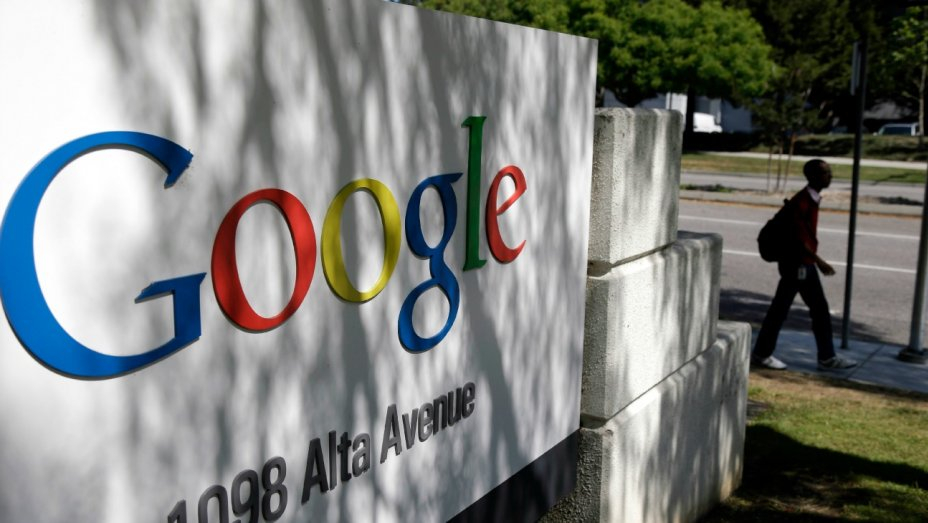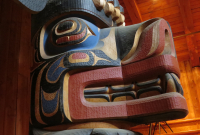Support strong Canadian climate journalism for 2025
The Supreme Court of Canada has upheld a ruling that ordered popular search engine Google to wipe out references to a discredited company.
The high court's 7-2 decision on Tuesday recognizes that Canadian courts have jurisdiction to make sweeping orders to block access to content on the Internet beyond Canada's borders.
Justice Rosalie Abella said the only way to ensure that the injunction met its objective was to have the order apply where Google operates — all over the world.
"The problem in this case is occurring online and globally," she wrote on behalf of the high court's majority. "The Internet has no borders — its natural habitat is global."
Google was challenging a 2015 ruling by a British Columbia court that ordered it to stop indexing or referencing websites associated with a company called Datalink Technologies Gateways.
The B.C. Supreme Court granted the injunction at the request of Equustek Solutions Inc., which was locked in battle with Datalink for allegedly stealing, copying and reselling industrial network interface hardware it created.
Burnaby-based Equustek wanted to stop Datalink from selling the hardware through various websites and turned to Google for help.
Initially, Google removed more than 300 web pages from search results on Google.ca, but more kept popping up, so Equustek sought — and won — the broader injunction that ordered Google to impose a worldwide ban.
Google fought back against the "worldwide order," arguing that Canadian courts don't have legal authority to impose such an injunction.
Its written argument to the Supreme Court called the injunction "an improper and unprecedented extension of Canadian jurisprudence."
Google's lawyers had argued that if the court upheld a broad international injunction, it might inspire less democratic governments to seek binding court orders in Canada that are more intrusive.
The view was shared by New York-based Human Rights Watch, which was granted intervener status in the case. The rights organization joined a coalition of civil liberties groups, as well as several news organizations, in arguing the Canadian courts were overextending themselves and threatening free speech across the globe.
Equustek had the support of a coalition of Canadian publishers, authors, composers and filmmakers, along with an international federation of film producers.
Barry Sookman, lawyer for several large music companies and other creative organizations who intervened in the case, praised the decision, saying it would "very likely have enormous implications around the world."
The ruling will help holders of intellectual property rights but could also serve as a precedent in Internet-related cases involving privacy, defamation and cyberstalking, Sookman predicted.
He said the ruling could provide a "general framework for analysing when an order can be made against a search engine to help stop the facilitation of whatever that wrong happens to be."




Comments